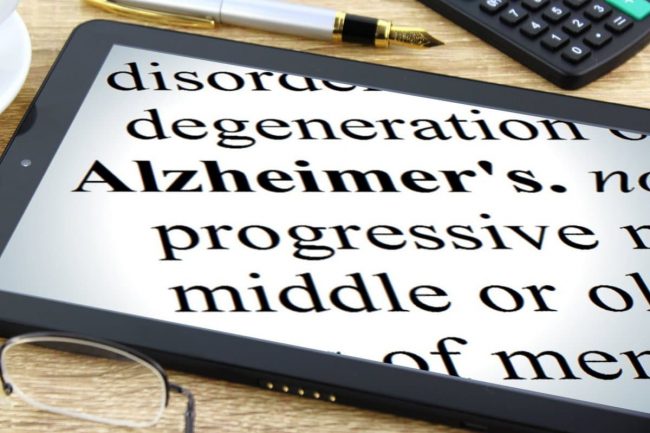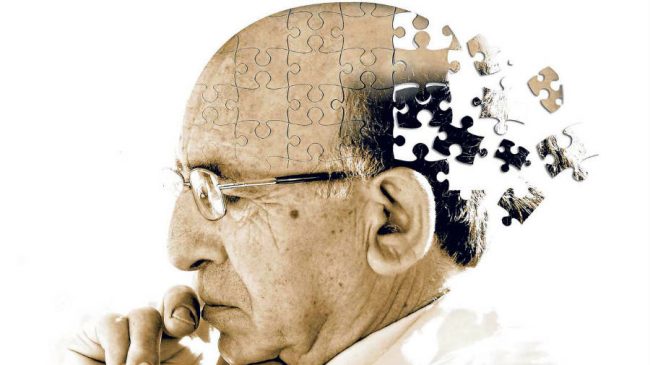New Dosing for Lilly Alzheimer’s Drug Shows Safer Profile
The FDA has approved a safer dosing schedule for Eli Lilly’s Alzheimer’s drug, Kisunla, which could make it more appealing to doctors and patients. The updated schedule reduces the risk of a serious side effect called ARIA-E—brain swelling caused by anti-amyloid drugs. Originally, Kisunla was given in higher doses early on. Now, the drug will







